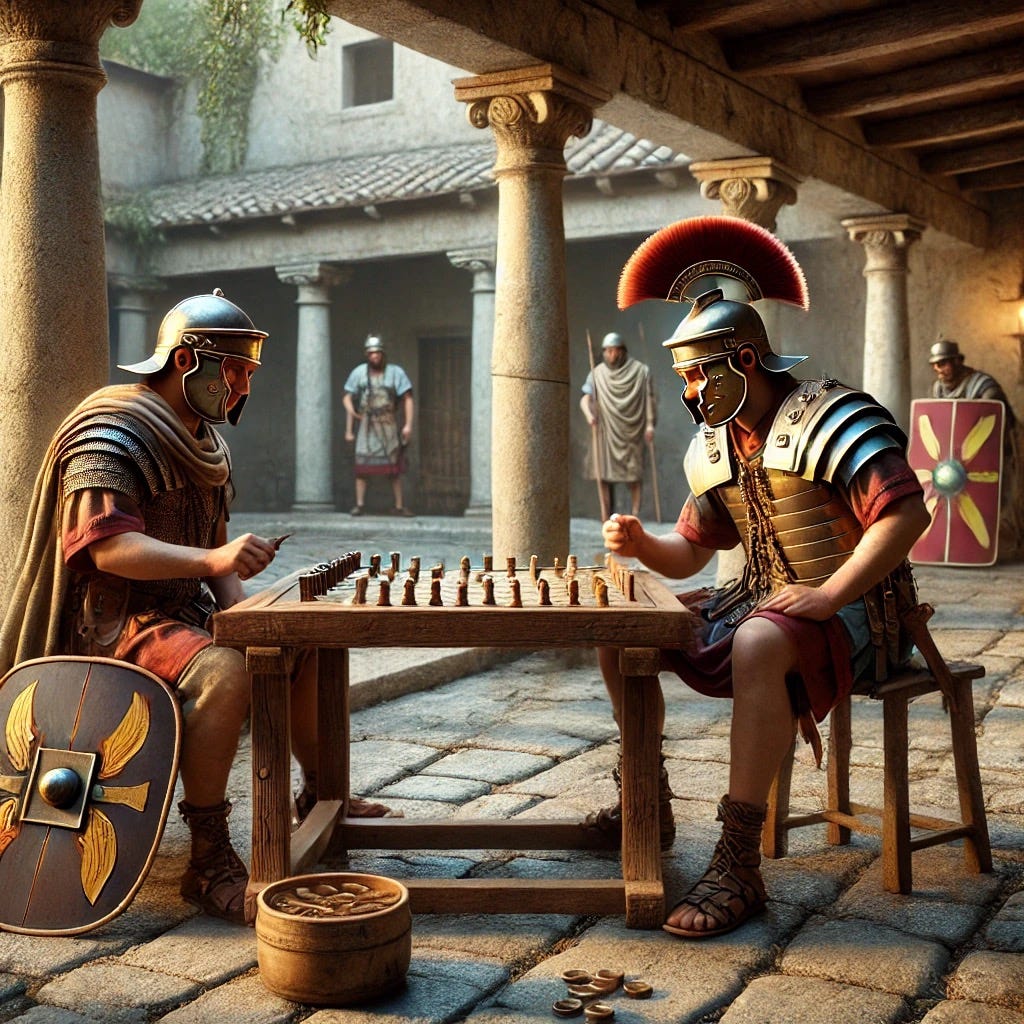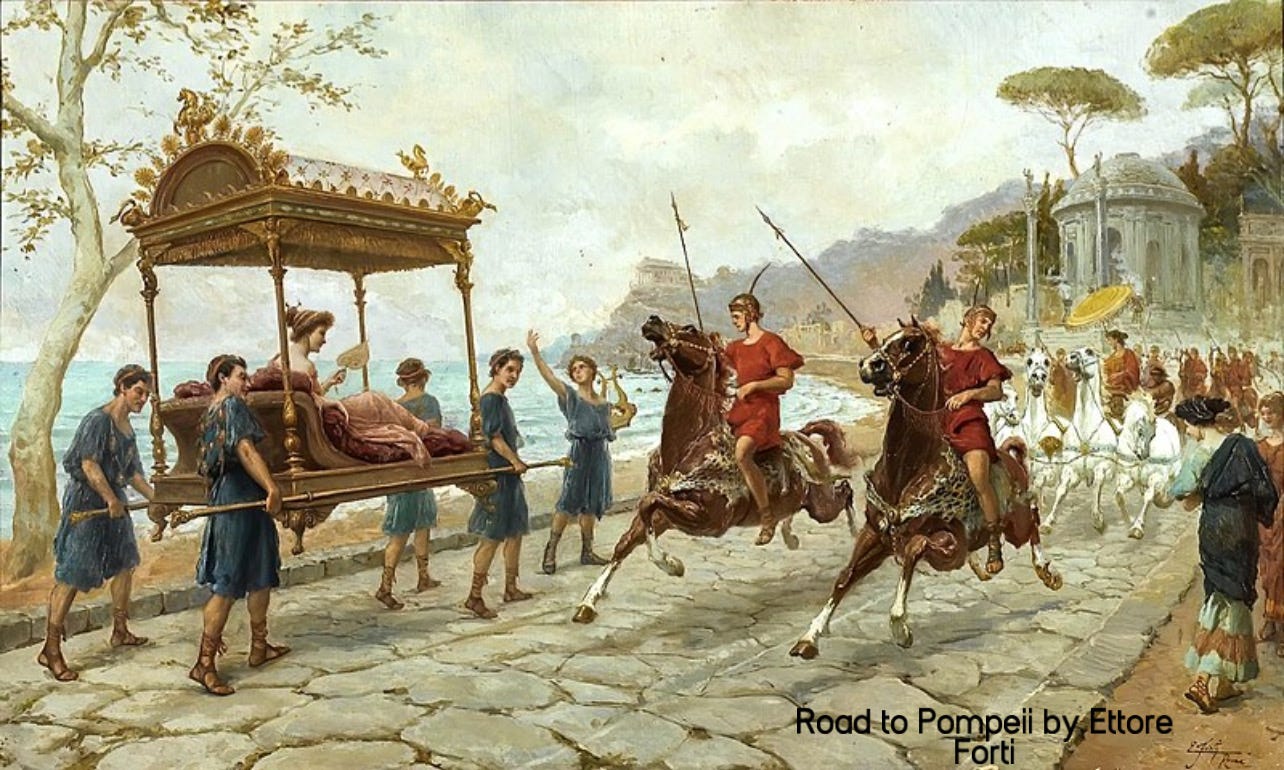In the fullness of time, God chose the precise moment in history to send His Son into the world. This moment was not a random one, nor was it without significance. It came during a period of unprecedented peace and stability under Roman rule—a time known as the Pax Romana. Understanding the context of this era can give us deeper insight into how God’s sovereignty played a role in the timing of Jesus’ birth, ministry, and the subsequent spread of the gospel.
The Pax Romana: A Time of Peace
The Pax Romana, which translates to “Roman Peace,” spanned from approximately 27 BC. to 180 AD. Under the leadership of emperors like Augustus and Trajan, the Roman Empire achieved a remarkable level of stability. Although the empire was vast, stretching across Europe, Asia, and North Africa, it was relatively free from large-scale warfare. This peace brought about several advantages: safer travel, trade, and the ability for ideas to circulate more freely across regions.
With the absence of major wars and conflicts, the empire was also able to build extensive infrastructure, such as roads, bridges, and aqueducts. These advancements, along with a common language—Greek—spoken across much of the empire, created an environment where communication, travel, and the exchange of ideas were easier than ever before.
God’s Perfect Timing: The Set Time
The Bible affirms that Jesus’ birth was not accidental, but a part of God’s divine plan. As Paul writes in Galatians 4:4-5, “But when the set time had fully come, God sent his Son, born of a woman, born under the law, to redeem those under the law, that we might receive adoption to sonship.” God, in His perfect wisdom, chose this moment in history to send His Son into the world. Why was this moment the right one? The Pax Romana provided a unique opportunity for the message of Jesus to spread beyond the borders of Judea. The peace and stability of the empire allowed for the apostles to travel across the Mediterranean world, sharing the gospel without the constant threat of war or civil unrest. This would be crucial in the years following Jesus’ resurrection, as the early church began to expand rapidly throughout the Roman Empire.
Roman Roads and the Spread of the Gospel
One of the most important legacies of the Roman Empire was its network of roads. The Romans built over 50,000 miles of roads throughout their empire, connecting distant provinces to the heart of Rome. These roads made it possible for missionaries like Paul to travel extensively, spreading the message of Christ to places like Corinth, Ephesus, and Rome itself.
The peace of the Pax Romana allowed early Christians to travel safely, and the roads provided a means to do so efficiently. This mobility helped the gospel spread far and wide, reaching both Jews and Gentiles across the empire. It’s not hard to imagine that, had the Roman Empire been embroiled in constant conflict, this movement would have been much harder to sustain.
The Roman Census and Prophecy Fulfilled
In the midst of the Pax Romana, a Roman emperor named Caesar Augustus decreed that a census should be taken throughout the empire (Luke 2:1-7). This decree led Mary and Joseph to travel to Bethlehem, fulfilling the prophecy in Micah 5:2 that the Messiah would be born there. This is a powerful reminder of how God uses even secular rulers and their decisions to accomplish His purposes. The empire’s administrative systems, including the census, unwittingly played a role in fulfilling God’s plan for the birth of His Son.
Spiritual Reflection: God’s Sovereignty in History
The timing of Jesus’ birth, during the Pax Romana, serves as a reminder of God’s sovereignty over all of history. He orchestrated the events of the Roman Empire to create an environment that was ripe for the spread of the gospel. The stability of the Pax Romana allowed Jesus to carry out His ministry with relative peace, and the subsequent spread of Christianity was made possible by the infrastructure, roads, and communication systems of the Roman Empire.
In this way, God used the secular power of Rome to set the stage for the fulfillment of His divine promises. Jesus’ birth was the beginning of a new era, and the world, under Roman rule, was more prepared than ever to hear the message of salvation.
As we reflect on the birth of Christ, we are reminded that God’s plans are not bound by time or earthly powers. He is at work in every moment of history, guiding it toward His ultimate purposes. The Pax Romana was not just a period of peace in the Roman Empire; it was the perfect backdrop for the arrival of the Prince of Peace, who would bring peace to the world through His life, death, and resurrection.







This makes a lot of sense! Comparing that time in Rome to some of the anti-Christian governments that exist today, the gospels wouldn't have been able to take off as it did in that time. I really enjoyed this.
Time of peace? Romans waged genocidal war against the Jews in Israel and Judea in 70 AD and again circa 120 AD.